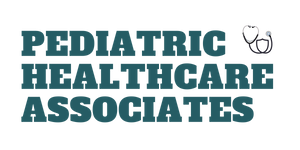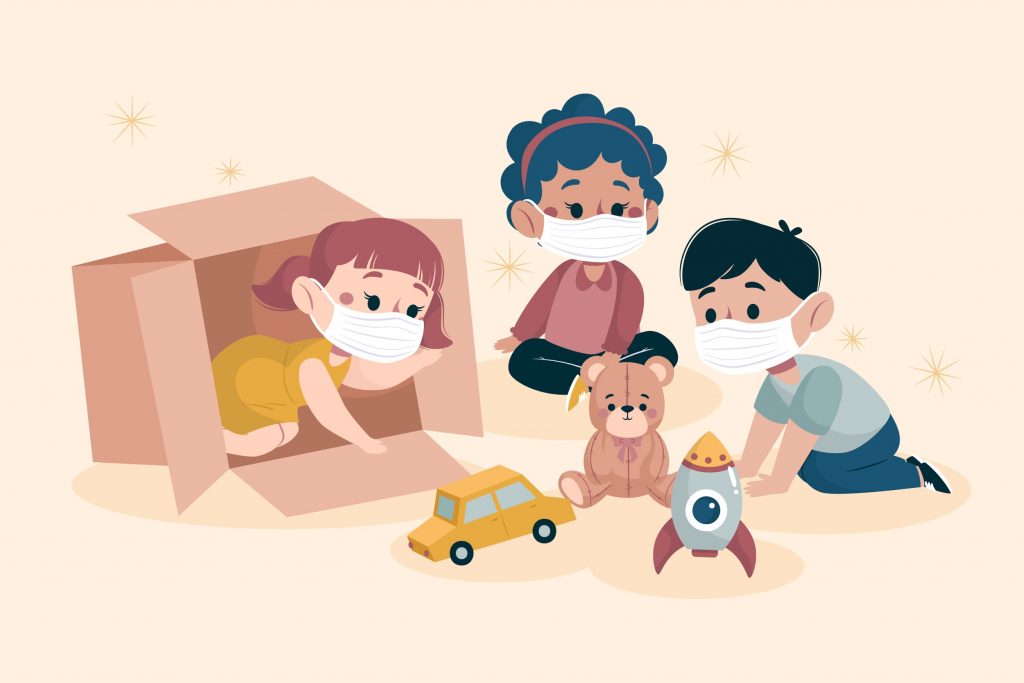COVID19 – Protection and measures to keep the pandemic at bay.
The ongoing COVID-19 pandemic has created severe problems all over the world. The pandemic has spread at an alarming rate across major countries. Loose ends in the measures may result in serious problems as evident from the COVID-19 case studies.
Let us look at the details of COVID-19:
- Child has symptoms of COVID-19 (cough, fever or trouble breathing).
- diagnosis was confirmed by a positive lab test.
- suspected diagnosis was made by a health care provider based on symptoms.
- parent or patient suspects COVID-19 based on symptoms consistent with COVID-19 and the infection is widespread in their community. In areas with major community spread, lab tests are mainly reserved for patients who have serious symptoms or are admitted to the hospital.
- An update on Multisystem Inflammatory Syndrome (MIS-C), a rare and severe complication, is included in the Causes section.
- Other common symptoms are chills, shivering (shaking), sore throat, muscle pains or body aches, headache, loss of smell or taste.
- The CDC also includes the following less-common symptoms: runny nose, fatigue (tiredness), nausea, vomiting and diarrhea.
What to do if the symptoms of COVID-19 start showing up?
Parents must be aware of the severity levels of symptoms. Quick actions, precautions and care are compulsory to thwart the disease.
Call 911 Now
- Severe trouble breathing (struggling for each breath, can barely speak)
- Lips or face are bluish now
- You think your child has a life-threatening emergency
Call Doctor or Seek Care Now
- Trouble breathing, but not severe (includes tight breathing and hard breathing)
- Ribs are pulling in with each breath (called retractions)
- Breathing is much faster than normal
- Lips or face have turned bluish during coughing
- Wheezing (tight, purring sound with breathing out)
- Stridor (harsh sound with breathing in)
- Chest pain or pressure and can't take a deep breath
- Sore throat with serious symptoms (such as can't swallow fluids or new-onset drooling)
- Muscle pains with serious symptoms (such as can't walk or can barely walk)
- Headache with serious symptoms (such as worst headache ever, confused, weak, stiff neck)
- Dehydration suspected. No urine in over 8 hours, dark urine, very dry mouth and no tears.
- Weak immune system, such as HIV, cancer, organ transplant, taking oral steroids.
- High-Risk child. This includes lung disease, heart disease, diabetes and other serious chronic diseases.
- Age under 12 weeks old with fever
- Fever over 104° F (40° C)
- Your child looks or acts very sick
- You think your child needs to be seen, and the problem is urgent
Contact Doctor Within 24 Hours
- Non stop coughing spells
- Age under 3 months old with any cough
- Earache or ear discharge
- Sinus pain (not just congestion)
- Fever lasts more than 3 days
- Fever returns after gone for more than 24 hours
- You think your child needs to be seen, but the problem is not urgent
Home-Quarantine; Self-Monitor
- COVID-19 infection with mild symptoms (cough, fever, sore throat, muscle pains, headache, loss of taste or smell, or others) and no trouble breathing.
- Have a complete clarity on COVID-19 home isolation, prevention, testing. Talk to a medical professional.
- COVID-19 infection with SERIOUS symptoms: Go to an ER or Other Medical Facility
Suggested remedies for COVID-19 symptoms:
- Fever Treatment:
For fever above 102° F (39° C) you may use acetaminophen or ibuprofen if the patient is uncomfortable. There are no proven reasons to avoid ibuprofen.
For fevers between 100° to 102° F (37.8° to 39 ° C), fever medicines are not needed. Reason: fevers turn on your body's immune system. Fever helps fight the infection.
Exception: if the patient also has pain, treat it.
Fluids: offer cool fluids in unlimited amounts. Reason: to prevent dehydration. Staying well-hydrated helps the body sweat and give off heat.
- Cough Treatment
Age 3 Months to 1 Year:
Give warm clear fluids (e.g., apple juice or lemonade) to thin the mucus and relax the airway. Dosage: 1-3 teaspoons (5-15 ml) four times per day.
If nothing else helps: give a small amount of corn syrup. Dosage: ¼ teaspoon (1 ml). Can give up to 4 times a day when coughing. Caution: avoid honey until 1 year old. Reason: risk for botulism.
Age 1 year and older:
Use honey, ½ to 1 teaspoon (2 to 5 ml) as needed as a homemade cough medicine. It can thin the secretions and loosen the cough. If honey is not available, can use corn syrup.
Age 6 years and older:
- Use cough drops (throat drops) to decrease the tickle in the throat. If not available, you can use hard candy. Avoid cough drops before 6 years. Reason: risk of choking.
- Over the Counter (OTC) cough medicines are not recommended. Reason: no proven benefit for children. Honey has been shown to work better.
- Never use OTC cough medicines under 6 years of age. Reason: cough is a protective reflex and should not be suppressed.
- Sore Throat Pain Relief:
COVID-19 often causes a sore throat. Here are some tips on treating it:
Age greater than 1 year: Can sip warm fluids such as chicken broth or apple juice. Some children prefer cold foods such as popsicles or ice cream.
Age greater than 6 years: Can also suck on hard candy or lollipops. Butterscotch seems to help.
Age greater than 8 years:
Can also gargle. Use warm water with a little table salt added. A liquid antacid can be added instead of salt. Use Mylanta or the store brand. No prescription is needed.
Pain medicine: Use if pain interferes with swallowing. Not needed for mild pain.
- Muscle Pains - Treatment:
COVID-19 can normally cause muscle pains and body aches.
- Massage: gently massage any sore muscles.
- Stretching: gently stretch any sore muscles.
- Apply Heat: use a heat pack, heating pad or warm wet washcloth. Do this for 10 minutes, 3 times daily.
- Warm bath: for widespread muscle pains, consider a warm bath for 20 minutes 2 times a day. Gently exercise the sore muscles under water.
- Pain medicine: for widespread body aches, give acetaminophen (such as Tylenol) every 4 hours OR ibuprofen (such as Motrin or Advil) every 6 hours as needed. Not needed for mild aches.
- Headache - Treatment:
COVID-19 can cause a headache.
- Pain medicine:
- give acetaminophen every 4 hours OR ibuprofen every 6 hours as needed. Not needed for mild headaches.
- Cold pack
- apply a cold wet washcloth or cold pack to the forehead for 20 minutes.
- Massage: stretch and massage any tight neck muscles.
- Loss of Smell or Taste:
- Losing the sense of smell or taste can be an early symptom of COVID-19.
- Most of these patients have a mild course.
These senses usually return within 1 to 2 weeks.
- Fluids -
- Stay well Hydrated. Drink lots of fluids. Water is best.
- Fluids loosens up any phlegm in the lungs. Then it's easier to cough up.
- Fluids help the body sweat and give off heat.
- Call Your Doctor If:
- Shortness of breath occurs
- Breathing difficulty occurs
- Your child becomes worse
In conclusion, the COVID-19 crisis will curb if we keep the health guidelines in our mind and act accordingly. The ongoing pandemic has taught us to not take hygiene lightly. We can defeat the pandemic by strict adherence to proper precautions and keep our loved ones safe.
Disclaimer: This health information is for educational purposes only. You, the reader, assume full responsibility for how you choose to use it.
Citation/References:







